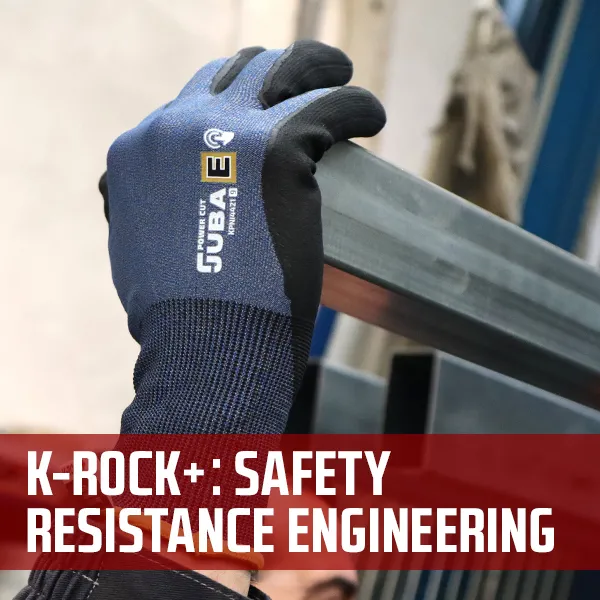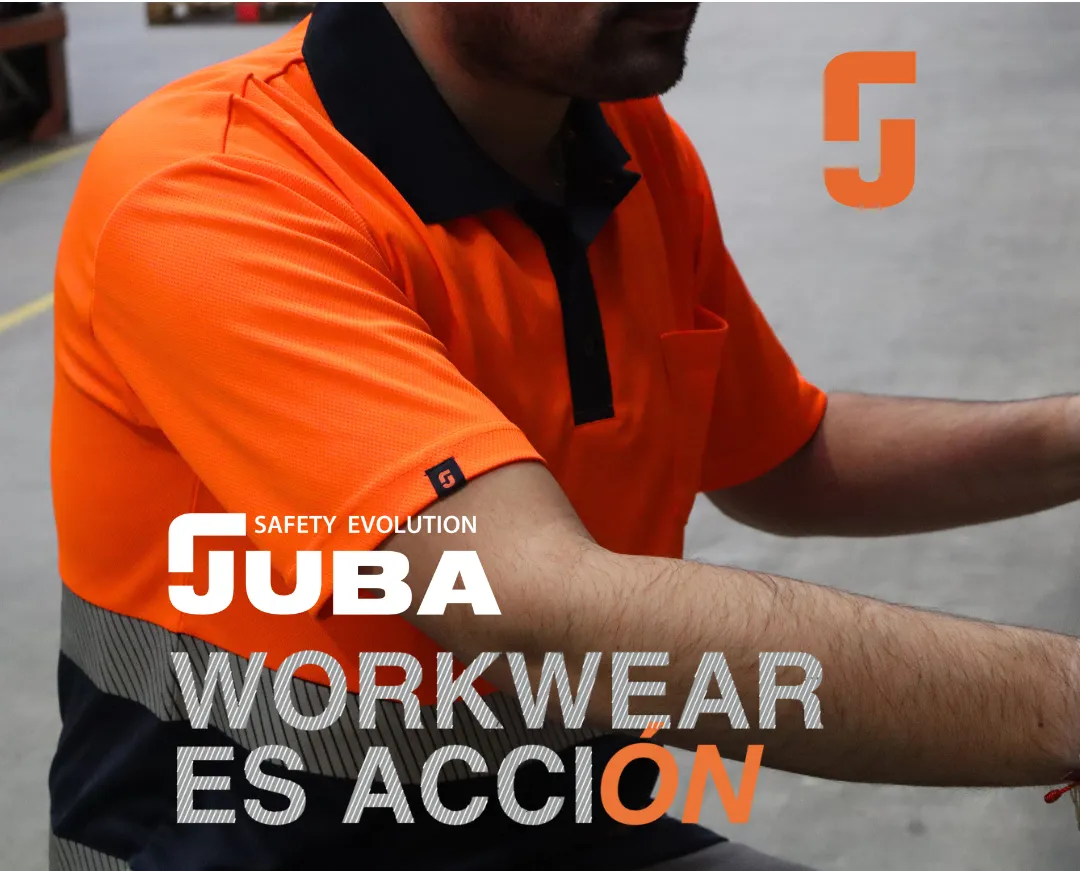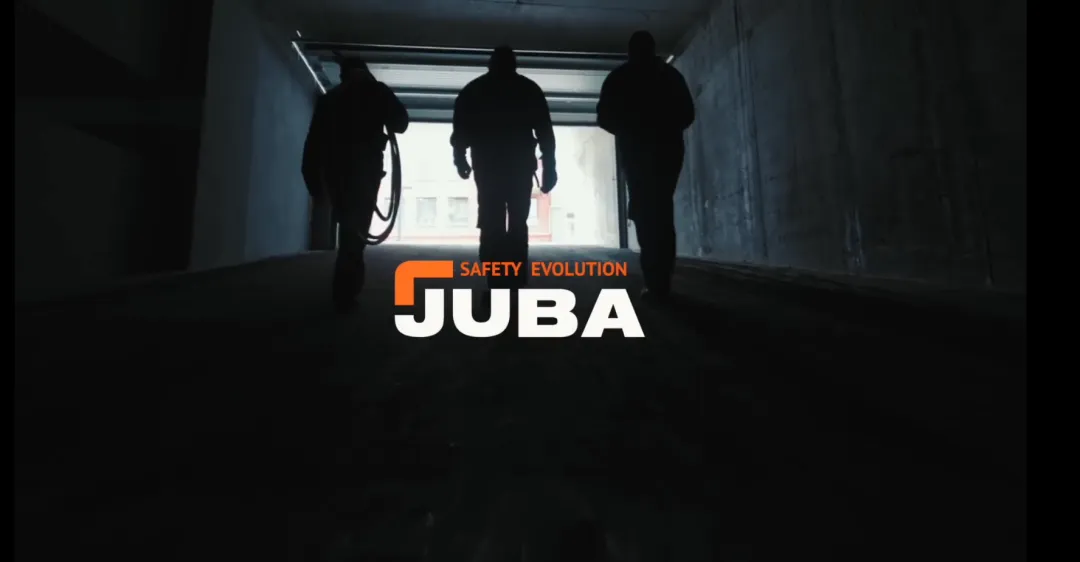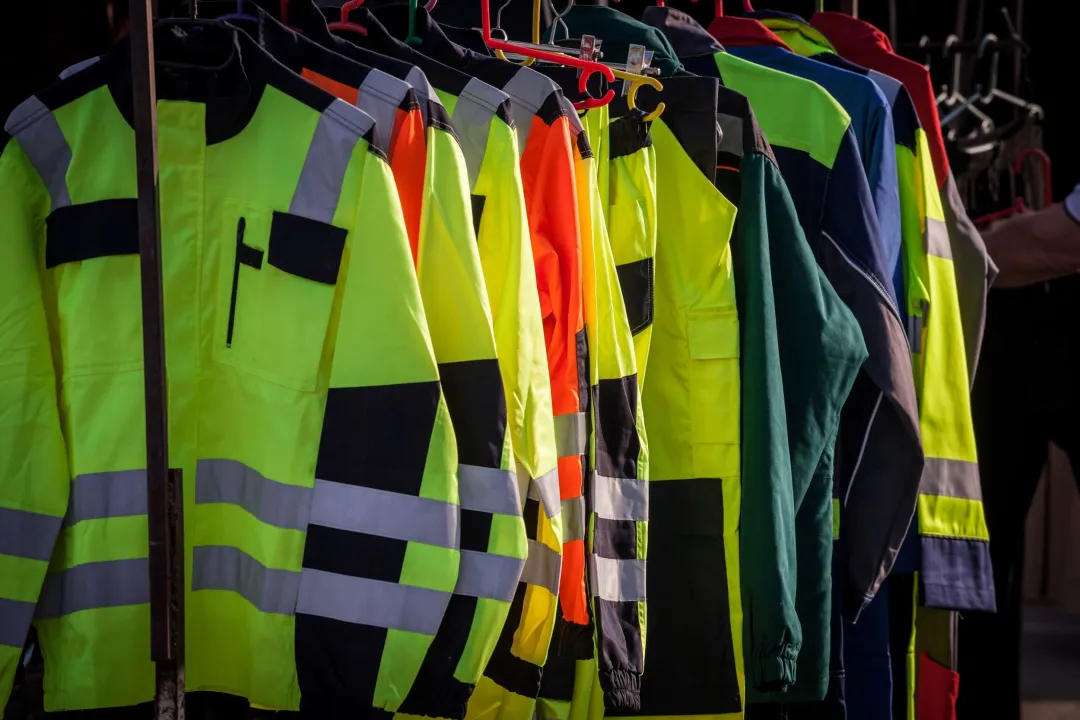Actualidad
What is PPE and when is its use mandatory?

In every professional sector, the use of protective equipment has been standardized under specific regulations.
This use is governed by existing legislation that has been approved and updated, which specifies everything from the type of PPE needed in each situation to the mandatory nature of its use and the responsibilities of both employer and employee.
What is PPE?
PPE is Personal Protective Equipment, i.e. a set of clothing and accessories to be worn and additional supplements that every professional must wear to carry out their work safely and effectively.
Why is PPE important?
PPE is designed to protect professionals, in order to avoid or reduce potential risks during the tasks they have to carry out that could jeopardise their safety.
For this reason, they are not only considered essential to the performance of any job (depending on the risks to be prevented), but also because there are regulations that make their use compulsory in certain circumstances in the professional field.
Types of PPE for businesses
There are many criteria for classifying PPE for businesses, but in general, three main categories are identified according to the level of risk to which the professional is subjected:
Category I: minimal risks
Includes all PPE designed to protect workers from minimal risks, situations where not wearing the equipment would not seriously compromise their safety or health.
Category II: intermediate risks
This covers PPE designed to protect against risks of intermediate severity which may cause injury or impact compromising the physical integrity of a professional. Given the increased importance of this PPE, it must undergo a conformity assessment by an authorised body, which will confirm the guaranteed effectiveness of its use.
Category III: serious or fatal risks
This category covers all PPE designed to protect against risks that could result in serious injury, permanent disability or even the death of the professional.
When is PPE legislation mandatory?
Current legislation on PPE in Spain is governed by a number of regulatory frameworks and Royal Decrees, including:
- Royal Decree 773/1997, of 30 May, on minimum health and safety requirements for the use of Personal Protective Equipment.
- Law 31/1995, of 8 November, on the prevention of occupational risks.
- Royal Decree 1801/2003, on general product safety (including PPE).
- Regulation (EU) 2016/425, of the European Parliament and of the Council, of 9 March 2016, on personal protective equipment. Replaces Directive 89/686/EEC.
- Royal Decree 1591/2009, on health products (applicable to PPE also considered as health products).
PPE legislation also indicates when their use is compulsory, which generally applies when specific provisions are laid down for certain sectors or occupational activities, and when risks cannot be avoided or sufficiently limited by technical means of collective protection or organisational measures at work.
Responsibilities of the employer and the employee
The regulations on when it is compulsory to use PPE also bind a certain responsibility to both the employer and the employees, as follows:
- The employer is obliged to provide the necessary PPE at no cost to its employees, as well as ensuring its proper use and providing appropriate information and training.
- The employee, on the other hand, has an obligation to use PPE when specified by the regulations, to do so in an appropriate manner and to ensure that it is maintained or to inform the employer of the need to receive new equipment.




